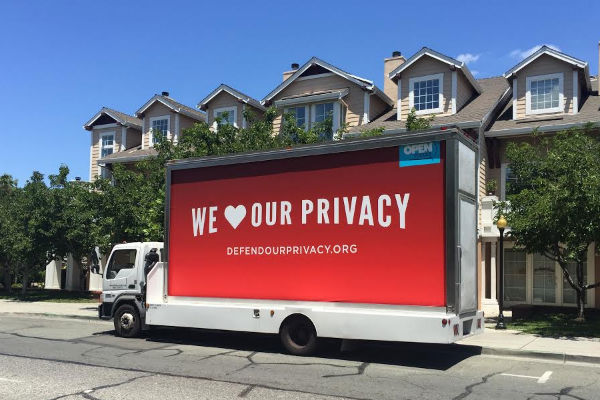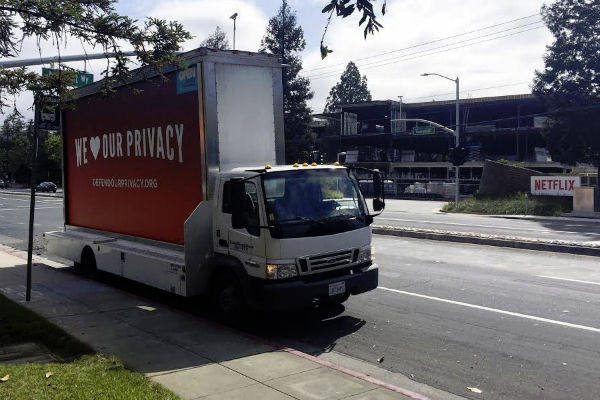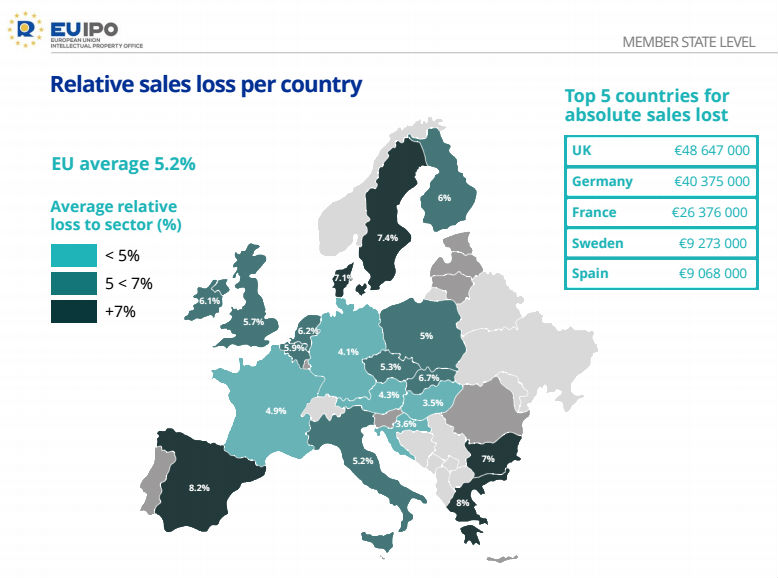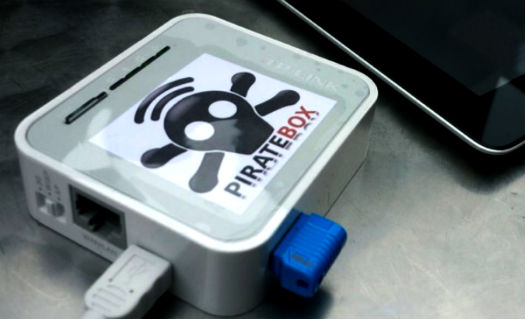FBI “In Latter Stages” of Prenda Law Copyright Troll Investigation
jeudi 26 mai 2016 à 17:17 In an effort to turn piracy into profit, more than a decade ago enterprising groups centered around lawfirms decided that file-sharers were ripe for a shakedown. Tracking IP addresses back to their users, companies demanded settlements of hundreds to many thousands of dollars each, to make supposed lawsuits go away.
In an effort to turn piracy into profit, more than a decade ago enterprising groups centered around lawfirms decided that file-sharers were ripe for a shakedown. Tracking IP addresses back to their users, companies demanded settlements of hundreds to many thousands of dollars each, to make supposed lawsuits go away.
During the last 10 years many companies have gained infamy with this business model, but few stirred up as much hatred as Prenda Law. Prenda and its principals John Steele, Paul Hansmeier and Paul Duffy grabbed dozens of headlines, mostly surrounding negative court rulings which found the outfit to have engaged in everything from vexatious litigation through to identity theft, misrepresentation and even deception.
Underlying this deviant behavior was the disturbing fact that rather than simply monitoring pirates online, Prenda actually uploaded content itself in order to create pirate honeypots on The Pirate Bay and elsewhere, a practice that pushed the company well over the moral line.
Although now defunct, Prenda is still fresh in the minds of its many victims so news last year that the outfit was under investigation by the FBI was well-received. Speaking with TorrentFreak, Pirate Bay co-founders Peter Sunde and Fredrik Neij confirmed that they had both been interviewed in prison by police acting on behalf of the FBI.
“They wanted to know if I could verify the accuracy of the IP-address logs, how they were stored, and how they could be retrieved,” Neij explained.
But since then another year has passed and memories of Prenda have continued to fade. Will the world’s most hated trolls ever be brought to criminal justice? Well, fresh news from Ken White at Popehat suggests that the FBI still have a keen interest in the case and could be close to their goal.
Operating out of its Minneapolis office, the FBI has continued to seek additional information about Prenda and has reportedly sent out a letter “on a large scale” to attorneys who have represented alleged file-sharers targeted by the law company.
Ken White says he has seen the document and it reveals that the FBI is investigating several entities connected to Prenda including Steele Hansmeier PLLC, LW Systems, Livewire Holdings, AF Holdings, Ingenuity13, and Guava LLC.
“The FBI has devoted substantial resources to soliciting victim impact in a systematic way, and based on its questions about availability to testify is contemplating prosecution,” White explains.
Noting that the letter has gone out in a fairly public fashion, While says he believes that the investigation is probably in its latter stages, with the FBI already in possession of the evidence it needs to prosecute a case of wire and/or mail fraud.
By contacting Prenda’s victims, White believes the FBI is attempting to establish the amount of damages to claim, which could be substantial.
“Bear in mind that under the Federal Sentencing Guidelines, the more money wrongdoers made, the more time they’re facing. Team Prenda needs federal criminal defense attorneys, and needs them right now,” he concludes.
News that the investigation into Prenda’s activities could be in its final stages will be well received by thousands of victims and the possibility of peering behind the curtain of one of the most hated troll outfits is certainly welcome. The cherry on the top would be a successful prosecution but that could be some time away yet.
Source: TF, for the latest info on copyright, file-sharing, torrent sites and ANONYMOUS VPN services.
 In an effort to
In an effort to 

 Running a site offering or even linking to pirated movies and TV shows can be a hazardous occupation. It attracts the attention of copyright holders, the police, and in some cases even governments. For those running them these perils represent an occupational hazard.
Running a site offering or even linking to pirated movies and TV shows can be a hazardous occupation. It attracts the attention of copyright holders, the police, and in some cases even governments. For those running them these perils represent an occupational hazard.



